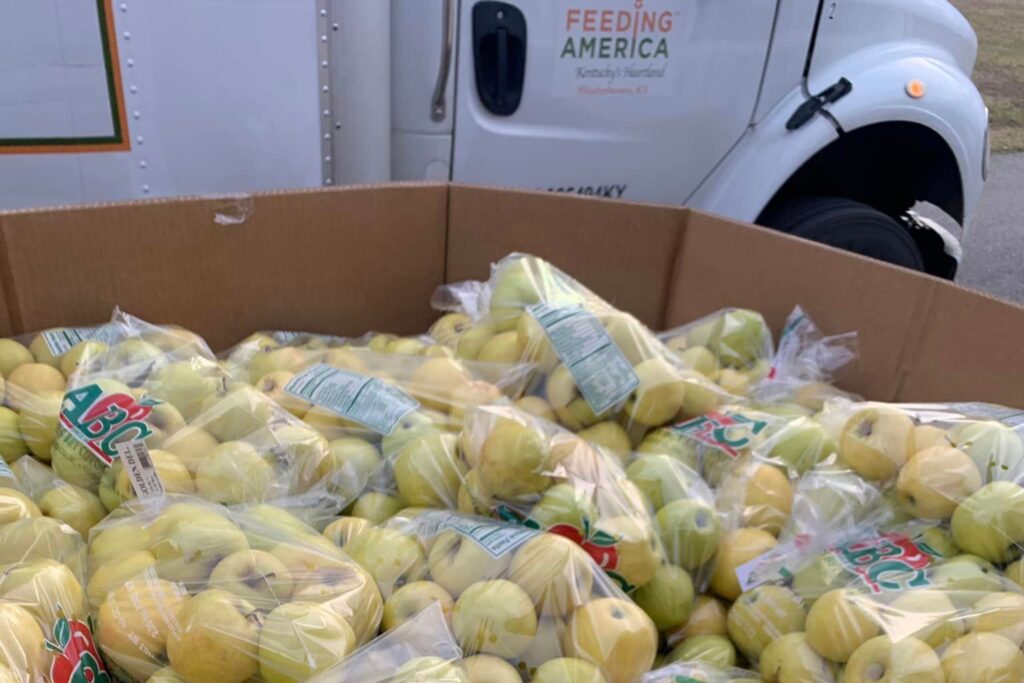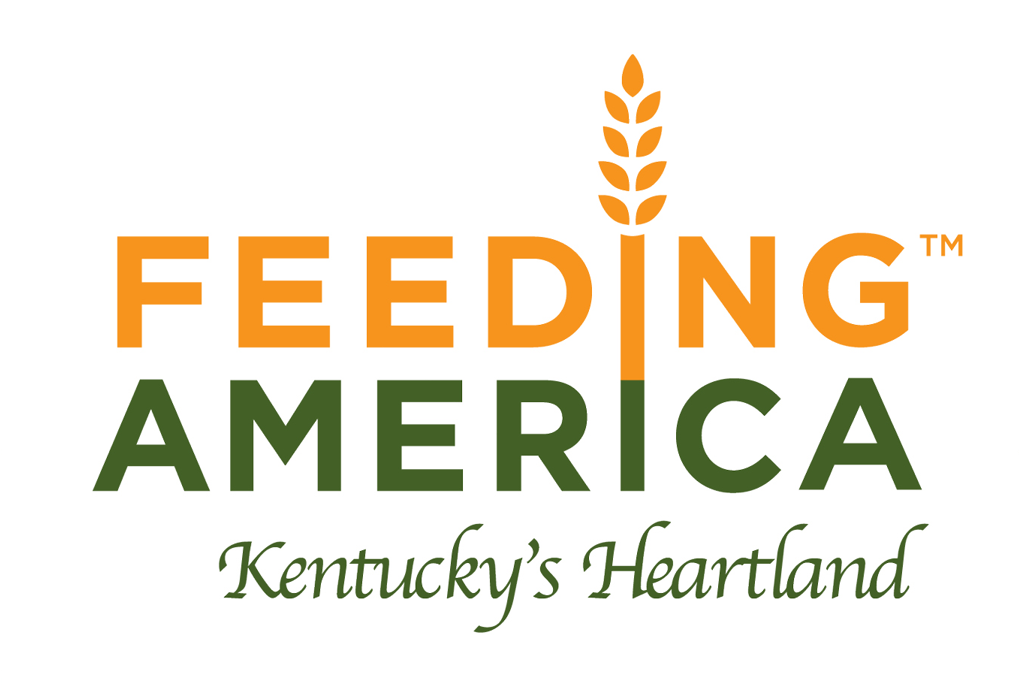Food is health; it supports a person’s growth, productivity and wellness, as well as reducing the risk of illnesses like diabetes, depression, high blood pressure and cardiovascular disease.
At FAKH we believe that everyone deserves equitable access to nutritious food, regardless of their circumstances, and our vision statement reflects that commitment – “To provide equitable access to nutritious food, so no one will go hungry.” By focusing on distributing foods that are not only filling but also healthy, we’re helping our neighbors to combat diet-related illnesses and, in turn, promoting a healthier Heartland.
Individuals and families experiencing food insecurity often face many challenges in accessing nutritious food. Geographical barriers, inadequate housing, soaring medical costs and low wages all impact our neighbors ability to get the nutritious food they need to live healthy lives. When someone is not able to get enough food, or is only able to afford foods with low nutritional values, their health can and will decline.
Here are the actions we’re taking to provide nutritious food for better health:
- In 2019, we partnered with Anthem Blue Cross & Blue Shield to start the Serving Up Fresh Program, through which we have distributed over 2 million pounds of fresh produce to rural communities to date.
- In 2022, we began the Rx Pantry Program in partnership with local healthcare professionals and the Molina Cares Foundation, which began providing nutritious food to neighbors who screened positive for food insecurity.
- In 2022, we updated our vision statement to reflect our commitment to furthering the health of our neighbors.
- In 2023, we distributed 2.5 million pounds of fresh produce to our neighbors facing hunger.
- In 2024, we are partnering with Aetna to provide nutritious food options at distributions and in pantries across our service area.
Our focus on the quality, variety and quantity of food we distribute to our neighbors facing hunger through our various programs is helping us to bridge health disparities in our communities.


